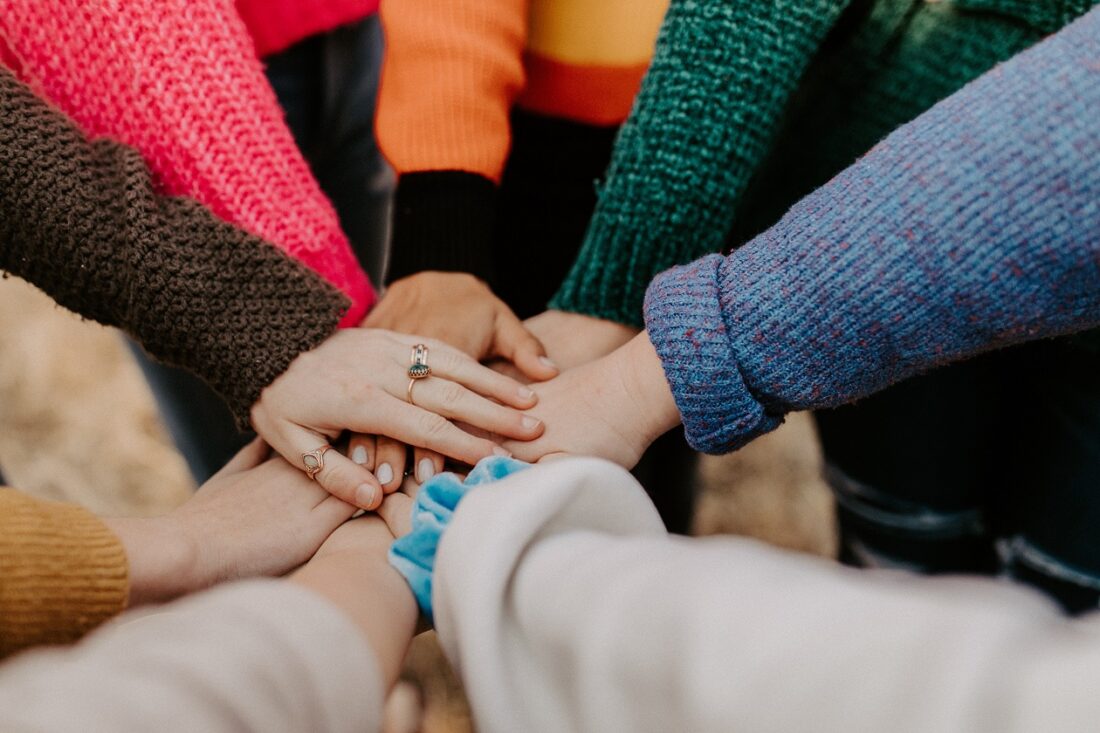Jonathan Lacey & Emily Chang
Cruxes Innovation
Research does not immediately lead to impact. Instead, the path from research to impact is long and complex, requiring a network of teams with different skills and connections.
Australia’s research rankings show that our universities and research organisations are world leaders in training graduates to produce quality research: almost 90 per cent of Australian research is rated at or above world standard (page 5), and our Global Innovation Input ranking is a respectable number 13 in the world (page 35). However, our research impact rankings are low: our Global Innovation Output sits at number 31 on the world charts (page 37). This gap means there is a huge pool of untapped potential. So how do we change this national trajectory to become a world leader in brilliant research that also makes a huge impact?
It is all about community.
Creating impact from research is an ultra-marathon, not a sprint: in most cases it takes years of persistence and focus. This long journey can be particularly daunting for graduate researchers. To motivate, encourage and coach them through it all, a strong community of impact-minded researchers, business leaders and mentors is critical.
There are already organisations helping researchers build these communities. University-led or connected accelerators, incubators and innovation hubs like Cicada Innovations, the Canberra Innovation Network, ANSTO’s nandin, and Cruxes Innovation are focussed on helping researchers gain the necessary skills and support networks.
Results are coming in fast. Next Level Social Skills (NLSS) is an example of graduate research making a difference, but it might not have happened without a community to support its development. NLSS is a social enterprise that develops and delivers programs based on video gaming to help teens with autism develop social skills and build lasting friendships. NLSS’ programs are based on PhD research by co-founder Matthew Harrison at the University of Melbourne. Matthew took part in his university’s TRAM program, where he met mentors, supporters and other impact-focused researchers at various stages of their journey. Matt and his co-founder, Jess Rowlings, continue to connect with this community for advice, introductions and motivation. Of course, it works both ways: as NLSS progresses further, they find themselves able to advise and support other researchers beginning their own journeys.
Tackle Mechanics is also an example of graduate research creating an impact. Retired rugby star Timana Tahu joined Andrew Gardner, a PhD researcher on the neuropsychology of concussion, and Suzi Edwards, a PhD researcher on sports biomechanics, in a collaboration to advise sporting bodies on tackling approaches that reduce the risk of concussion. They took part in the University of Newcastle’s I2N Validator program, which connected them to a community of like-minded people. The Tackle team met mentors who helped them explore different business models, develop their stakeholder engagement skills and identify early adopters of the service.
There are communities developing beyond university boundaries too, and a new event has been designed to bring them all together: Impact Pathfinders. Set to be a regular event, Impact Pathfinders will feature a series of leaders in the field sharing what they have learned about creating impact from research. It will be a nexus for a growing community of impact-minded researchers. It all begins on Thursday, 2 September, and tickets are available through Humanitix (another Australian-based impact story!).
As Cruxes Innovation’s founders, we’ve helped over 700 Australian researchers create impact through training, coaching and community connections. This experience has shown us that the best way to unlock the impact potential of Australian research is to give researchers themselves the skills and support to drive partnerships with industry, community and government. If we invest in training our graduate researchers to spearhead engagement related to their own research, we’ll unlock the impact potential of their discoveries and, in doing so, lead the world into a sustainable future.
Photo by Hannah Busing on Unsplash


2 comments
A great initiative Jonathan and Emily and some really important messages – community is everything!
Great article with the insights on research on the community and its impact. NO MALARIA KENYA, is a Kenyan corporation with Kenyan board members. It was founded by the principals of Kleenhealth Australia and hunterPac Global, whose main focus is reducing the incidence and effects of malaria with the help of MOZZi.